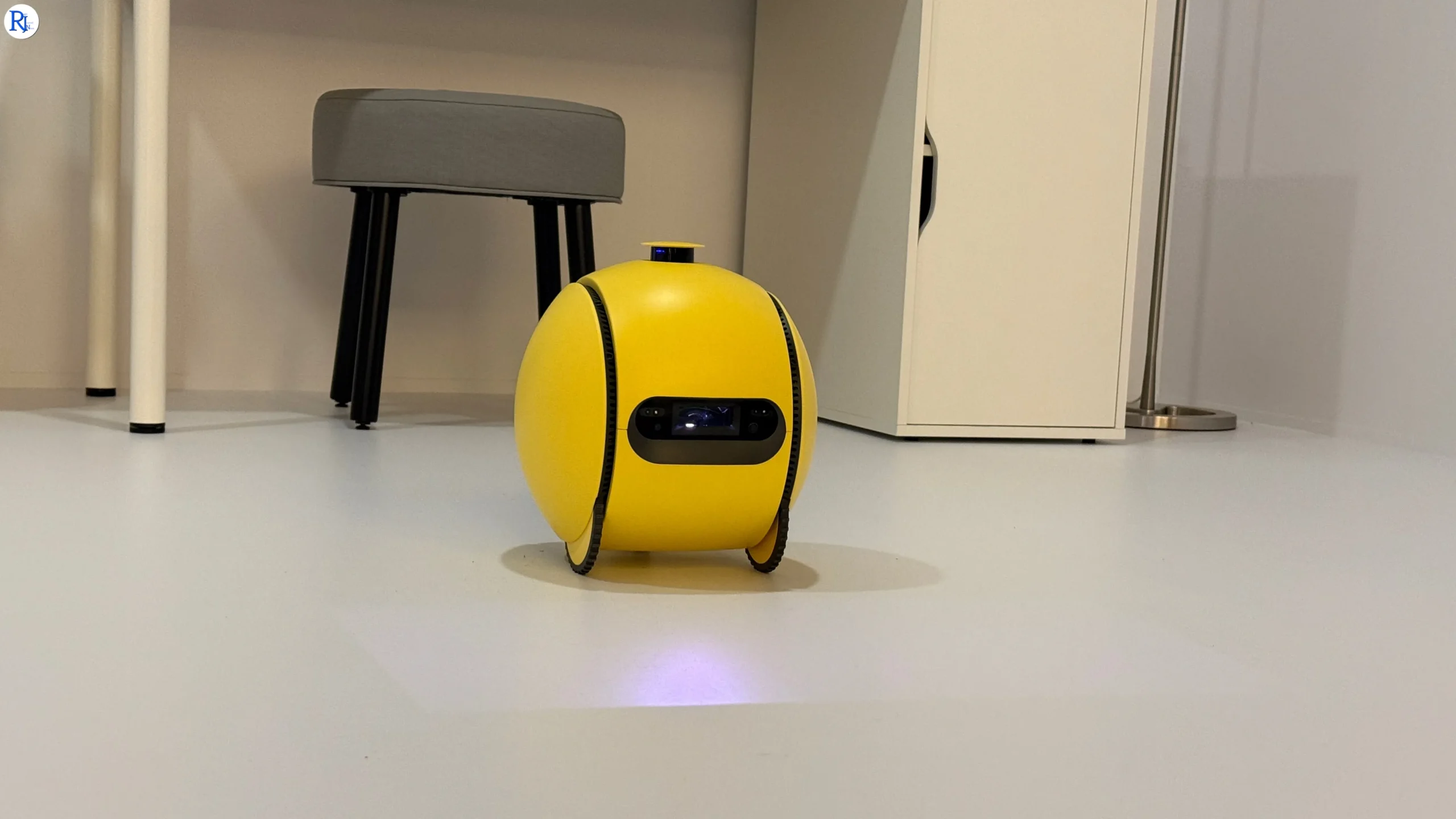Samsung’s Ballie, a small, rolling artificial intelligence (AI) robot, is now integrated with Google’s Gemini AI, sparking discussions in the tech world. Samsung’s move aims to enhance Ballie’s capabilities, allowing it to better understand and interact with its environment. However, some experts question the necessity of this upgrade, debating whether it truly adds value to the user experience.
The integration was announced during a tech conference in Seoul on 11 April 2025. Samsung executives highlighted the potential for Ballie to offer more personalised assistance and improve its interaction with smart home devices. Google’s Gemini, known for its advanced natural language processing and machine learning capabilities, is expected to elevate Ballie’s functionality significantly.

Enhancing Home Automation
Samsung’s Ballie, introduced in 2020, is designed to act as a personal assistant, capable of controlling smart home devices, providing reminders, and even offering companionship. By integrating Google’s Gemini AI, Samsung aims to push Ballie’s capabilities further. Gemini’s advanced algorithms can enable Ballie to recognise voice commands more accurately and adapt to user preferences over time.
This upgrade promises to make Ballie more responsive and intuitive, potentially transforming how users interact with their home automation systems. “We believe Gemini’s integration will allow Ballie to provide an unprecedented level of personalisation and convenience,” said Kim Hyun-suk, a Samsung executive. However, critics argue that current AI technologies already offer sufficient interaction capabilities, questioning whether the addition of Gemini is more of a marketing strategy than a functional necessity.
The Role of AI in Modern Robotics
AI integration in robotics has been a growing trend, with companies striving to enhance machine learning and interaction capabilities. Google’s Gemini represents the forefront of AI development, offering advanced language comprehension and decision-making abilities. For Samsung, incorporating such technology into Ballie signifies a commitment to staying ahead in the competitive tech industry.
Experts in AI technology suggest that while Gemini’s capabilities are impressive, the practical benefits for users may vary. Dr. Sarah Lee, a technology analyst, notes, “The real challenge lies in effectively utilising these capabilities to create meaningful improvements in user experience.” The question remains whether this integration will genuinely revolutionise Ballie’s functionality or if it will merely serve as a technological showcase.
Potential Challenges and Concerns
Despite the promising advancements, integrating Gemini into Ballie poses several challenges. Ensuring seamless communication between different AI systems requires substantial technical expertise and resources. Additionally, privacy concerns arise as AI systems become more sophisticated in processing personal data.
Samsung has assured users that privacy remains a top priority. “We are committed to implementing robust security measures to protect user data,” stated a Samsung spokesperson. Yet, as AI systems like Gemini become more prevalent, ensuring data protection and user trust will be critical in gaining widespread acceptance.
Market Implications and Future Prospects
The introduction of Gemini into Samsung’s Ballie could influence the broader market for AI-driven home assistants. As companies continue to push the boundaries of AI technology, consumer expectations for smart home devices are likely to increase. This integration might set a new standard for competitors, prompting further innovations in the field.
Looking ahead, the success of this integration will depend on user reception and practical application. If Ballie can demonstrate significant improvements in user interaction and functionality, it could solidify its position as a leader in the smart home market. Conversely, if the integration fails to deliver tangible benefits, it may face scepticism from consumers and industry experts alike.
As Samsung and Google navigate this technological endeavour, the tech industry will be watching closely. The evolution of AI in robotics continues to present exciting opportunities and challenges, shaping the future of smart home technology. Whether Gemini’s addition to Ballie proves to be a game-changer or a fleeting trend remains to be seen.

